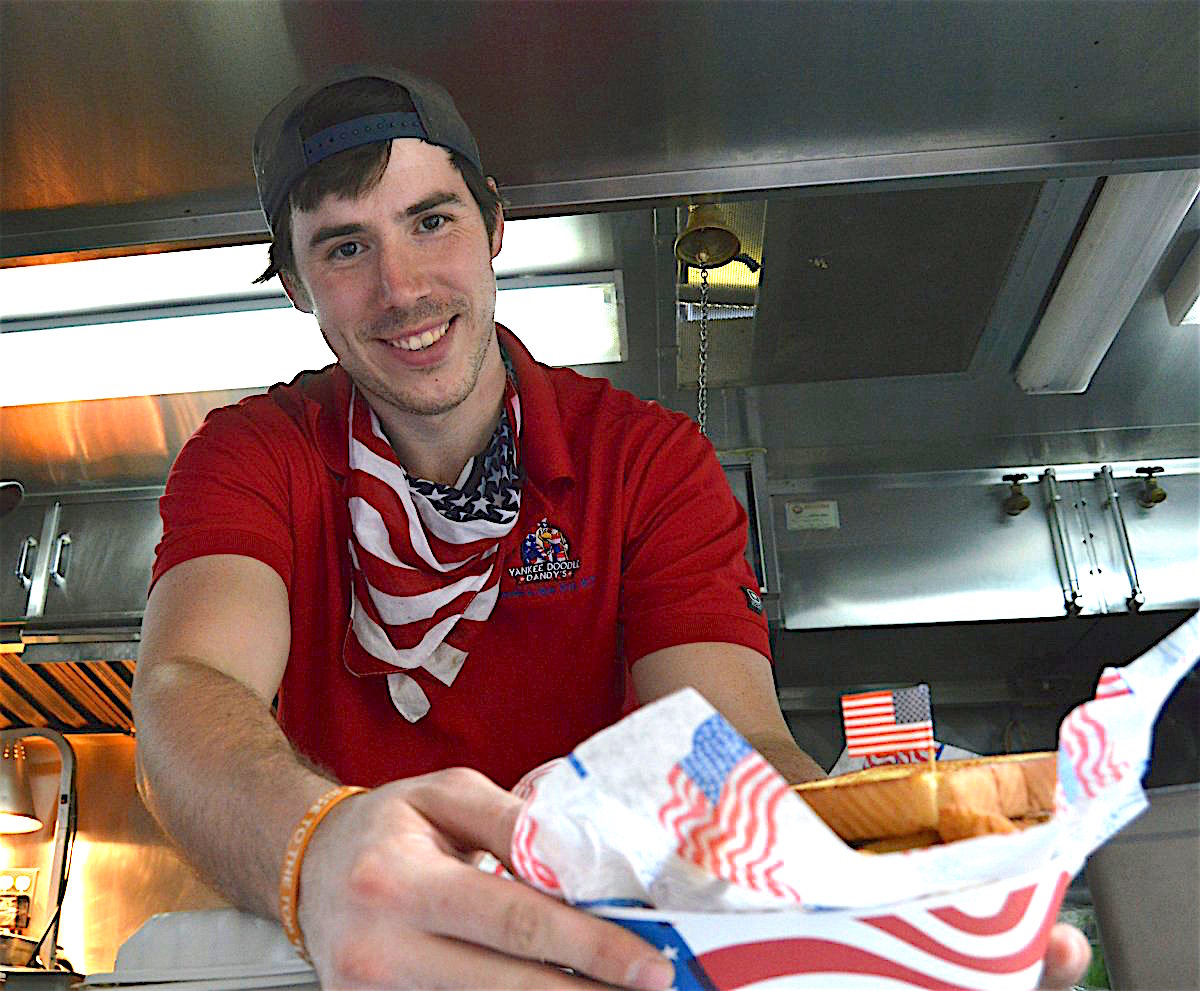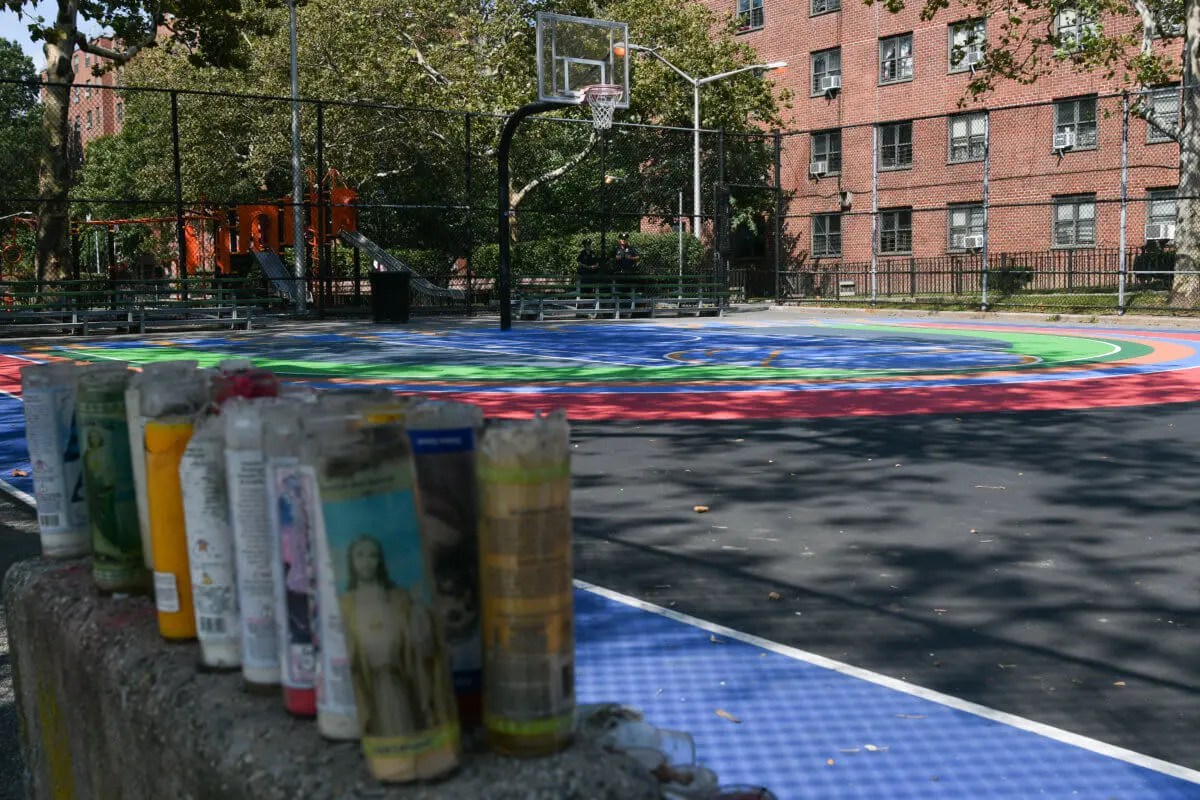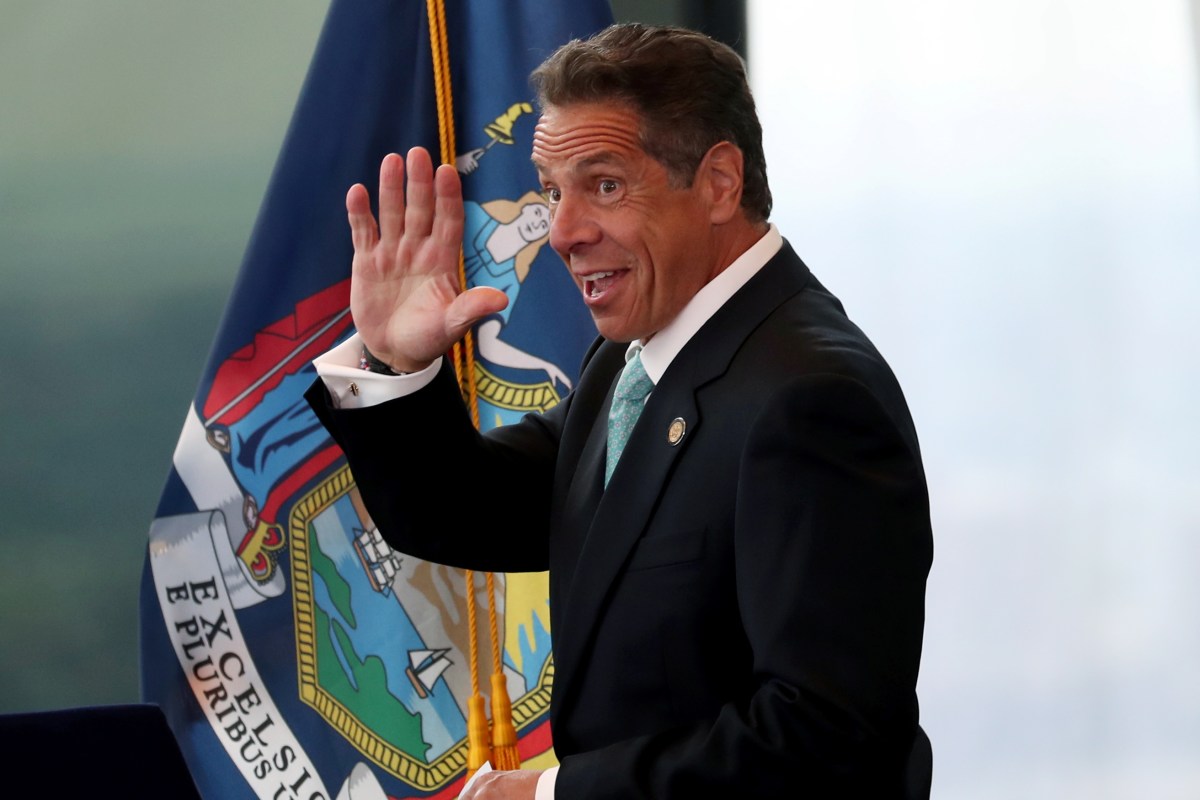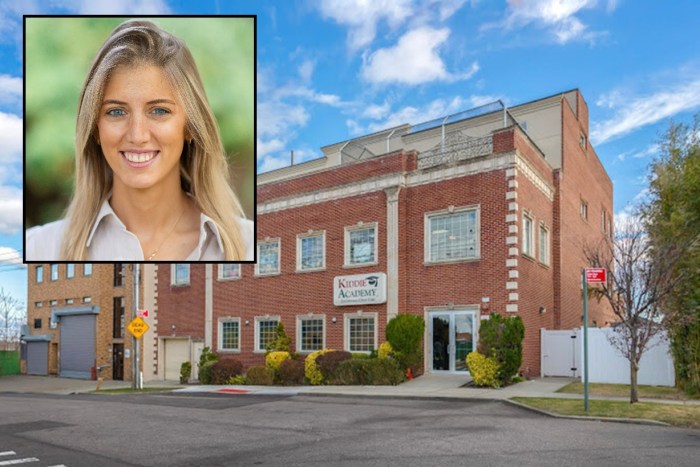
BY JACKSON CHEN | New Yorkers may be able to enjoy more mobile munchies over the next several years as the City Council considers a package of bills aimed at improving conditions for the city’s many street vendors.
The bill — introduced by Upper West Side Councilmember Mark Levine, joined by Council Speaker Melissa Mark-Viverito and several other colleagues — aims to double the number of permits for street food vendors in the city to more than 8,000 over a span of seven years.
These permits have been capped by the city at 4,235 since the 1980s, and that limit has led to a monopolization of the available supply. Permit owners can renew every two years with the city for $200, but often turn around and rent them out for as much as $25,000 in a black market.
The proposed Street Vending Modernization Act would allow the city to increase the permit cap incrementally and also better regulate the industry. Under the bill, the city would create a team of officers dedicated to street vendor enforcement and a street vendor advisory panel — comprised of city agencies, community groups, vendors and brick-and-mortar store owners — that would guide new vendor regulations while monitoring enforcement and new permit rollouts.
According to Levine, the new law’s first year would be dedicated solely to building a new Office of Street Vendor Enforcement. Beginning in in 2018, the city would offer up to 600 new permits each year until 2024. After that, the cap on street vending permits would be at the discretion of the to-be-created advisory board, according to the bill. Under the S.V.M.A., each two-year permit would cost $1,000.
Josh Gatewood, the president of the New York City Food Truck Association, praised the new bill as a step in the right direction.
“I think it’s a great first step,” Gatewood said of the City Council proposal. “It sounds like they’re very pro-small business. It sounds like they’re hearing our grievances and they’re going to help us.”
Gatewood’s key concern about the bill is its slow, rationed increase in the number of permits, which he worries will do little to curb the black-market control of the industry.
“It’s addressing a hole in the side of the ship by putting a patch on, and the patch is still leaky,” he said of the bill. “If we could have some sort of system to ensure people that they’re using it for their own business, that could be the way to go about it.”
Echoing the Food Truck Association’s views, Sean Basinki, director of the Street Vendor Project, a unit of the Urban Justice Center that is a longtime advocate of lifting the caps, described the S.V.M.A. as the beginning of street vendors finally having a voice in city government.
But Robert Lederman, who for years has waged a battle to defend the rights of street-artist vendors of First Amendment-protected artwork, attacked the Levine bill as a “conspiracy” between the Council and what he termed the “partly” Council-funded Street Vendor Project that will “create a new police-type enforcement agency to issue many more summonses than the N.Y.P.D. now does.”
“Within two years, I predict all of these new food vending permits will be controlled by large vending corporations, possibly offshoots of food chains like McDonald’s or Burger King,” Lederman charged.
Food vendors have been a thorny issue in Soho — which deals with heavy pedestrian traffic — among other Downtown areas.
“It’s really been an economic ladder for almost every wave of immigrants to come through this city,” Levine said of food vending. “We have an arbitrary cap on the number of food vendor licenses which hasn’t been updated since 1983.”































